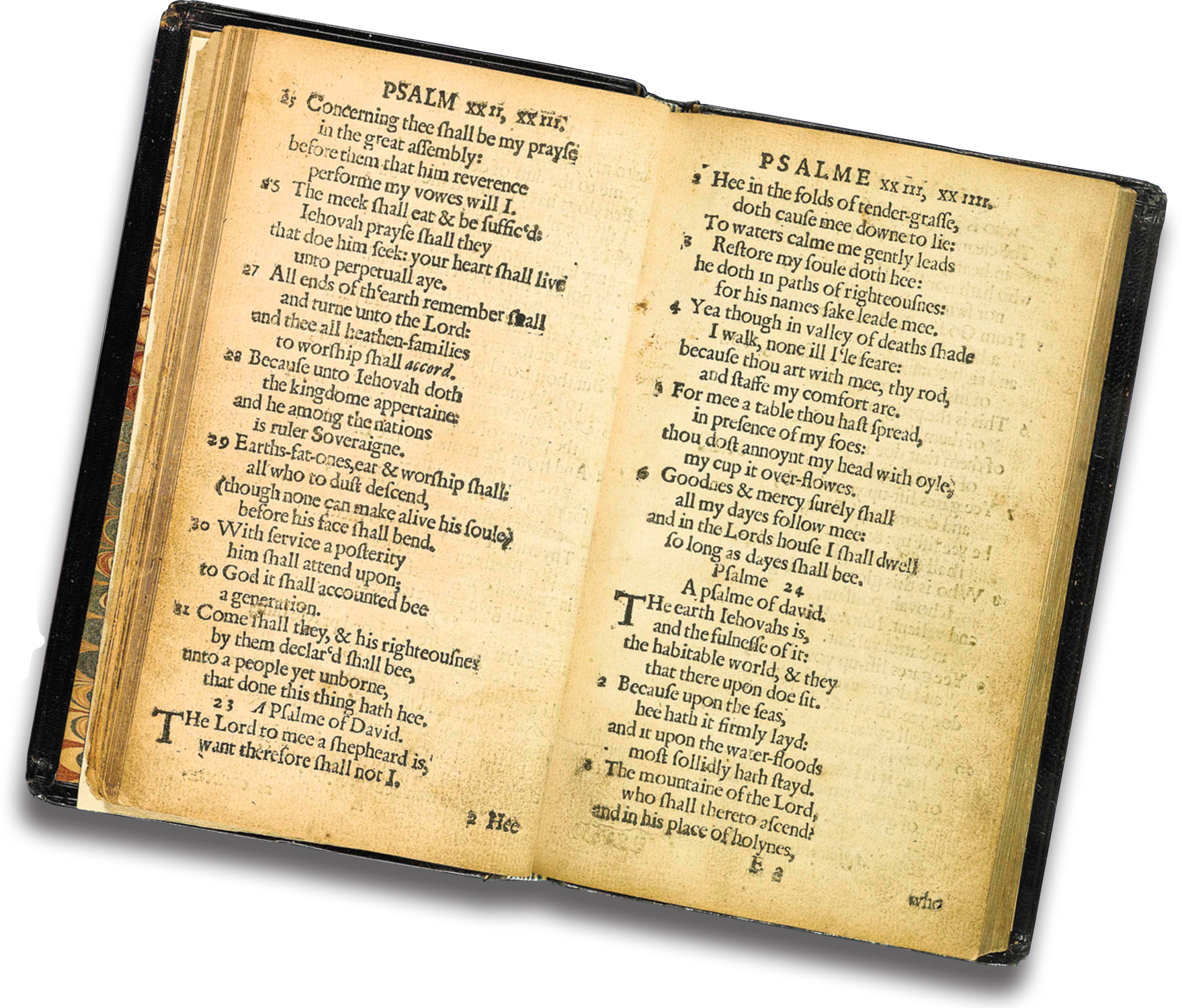Introduction for Chapter 4
4. The Northern Colonies in the Seventeenth Century, 1601–

CONTENT LEARNING OBJECTIVES
After reading and studying this chapter, you should be able to:
- Explain why England became a Protestant nation and who the Puritans were.
- Understand how the Puritans came to dominate New England society.
- Recognize how Puritanism influenced the development of New England.
- Describe how the middle colonies were founded and how the founding and settlement of New York, New Jersey, and Pennsylvania differed from the founding and settlement of the New England colonies.
- Explain how the English monarchy consolidated its authority over the American colonies.
ROGER WILLIAMS AND HIS WIFE, MARY, arrived in Massachusetts in February 1631. Fresh from a superb education at Cambridge University, the twenty-
Williams and his wife moved to Plymouth colony, where he spent a great deal of time among the Narragansett Indians. Williams believed that “Nature knows no difference between Europeans and [Native] Americans in blood, birth, [or] bodies . . . God having made of one blood all mankind.” He insisted that the colonists respect the Indians’ religion and culture since all human beings—
Williams condemned English colonists for their “sin of unjust usurpation” of Indian land. He believed that English claims were legally, morally, and spiritually invalid. In contrast, Massachusetts officials defended colonists’ settlement on Indian land. Governor Winthrop declared, “if we leave [the Indians] sufficient [land] for their use, we may lawfully take the rest, there being more than enough for them and us.” Winthrop’s arguments prevailed, but Williams refused to knuckle under. “God Land,” he said, “[is] as great a God with us English as God Gold was with the Spaniards.”
In 1633, Williams believed that the Bible shrouded the Word of God in “mist and fog.” That observation led him to denounce the emerging New England order as impure, ungodly, and tyrannical. He disagreed with the New England government’s requirement that everyone attend church services. He argued that forcing people who were not Christians to attend church was “False Worshipping” that only promoted “spiritual drunkenness and whoredom.” He believed that to regulate religious behavior would be “spiritual rape”; that governments should tolerate all religious beliefs because only God knows the Truth. “I commend that man,” Williams wrote, “whether Jew, or Turk, or Papist, or whoever, that steers no otherwise than his conscience dares.”
New England’s leaders denounced Williams’s arguments and banished him for his “extreme and dangerous” opinions. In January 1636, he fled south to Narragansett Bay, where he and his followers established the colony of Rhode Island, which enshrined “Liberty of Conscience” as a fundamental ideal and became a refuge for other dissenters. Although New England’s leaders expelled Williams from their holy commonwealth, his dissenting ideas arose from orthodox Puritan doctrines. Puritanism inspired believers such as Roger Williams to draw their own conclusions and stick to them.
During the seventeenth century, New England’s Puritan zeal cooled, and the promise of a holy New England faded. Late in the century, the new “middle” colonies of New York, New Jersey, and Pennsylvania were founded, featuring greater religious and ethnic diversity than New England. Religion remained important throughout all the colonies, but it competed with the growing faith that a better life required less focus on salvation and more attention to worldly concerns of family, work, and trade.
Throughout the English mainland colonies, settlements encroached on Indian land, causing violent conflict to flare up repeatedly. Political conflict also arose among colonists, particularly in response to major political upheavals in England. By the end of the seventeenth century, the English monarchy exerted greater control over North America and the rest of its Atlantic empire, but the products, people, and ideas that pulsed between England and the colonies energized both.
| 1534 |
|
| 1609 |
|
| 1620 |
|
| 1626 |
|
| 1629 |
|
| 1630 |
|
| 1636 |
|
| 1636– |
|
| 1638 |
|
| 1642 |
|
| 1649 |
|
| 1656 |
|
| 1660 |
|
| 1662 |
|
| 1664 |
|
| 1675– |
|
| 1681 |
|
| 1686 |
|
| 1688 |
|
| 1689– |
|
| 1692 |
|